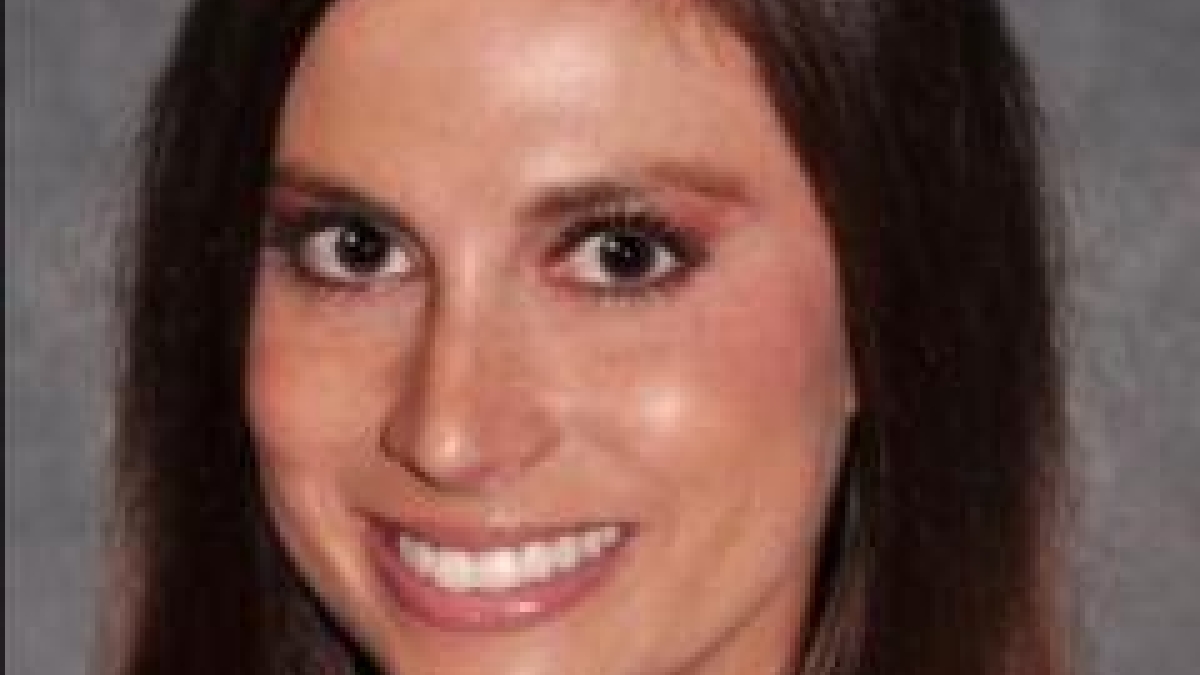A short interview with Natalie Wilkens, PhD, from ASU's Sanford School

Meet Natalie Wilkens, PhD, an assistant professor in the T. Denny Sanford School of Social and Family Dynamics.
Question: What research are you currently working on?
Answer: I am working on several ongoing research projects in which I am investigating different aspects of children’s and adolescents’ social and emotional development. Some kids are socially and emotionally competent. They have a host of skills that facilitates getting along with peers and adults, and this set of skills helps them become well-adjusted adults. I am interested in understanding why some kids develop social competence and others do not. I am also interested in understanding why some children and adolescents have adjustment problems such as social withdrawal, anxiety, depression, and aggression. If we can identify factors that may improve the likelihood that children develop competence, or that may decrease the chances that children develop adjustment problems, we can use this information to help shape their developmental trajectories in positive ways.
Q: Which research project was the most challenging and why?
A: The majority of my focus during the past few years has been on a project called the Family Migration and Early Life Outcomes (FAMELO) Project. The research is funded by a National Institute of Child Health and Human Development program grant. FAMELO consists of three interrelated research agendas that are spearheaded by different researchers. All three agendas are aimed at understanding how family migration influences children left behind in their countries of origin. The agendas differ with respect to the particular aspect of children’s adjustment being examined. My agenda is focused on social competence and adjustment problems; Dr. Glick’s (The Pennsylvania State University) agenda is focused on educational outcomes, and Dr. Hayford’s (Ohio State University) agenda is focused on transitions to adulthood (e.g., family formation).
Migration is important to understand because it affects so many families worldwide. Yet, we know very little about the benefits or consequences of migration for children who are left behind when one or more family member leaves the household to live and work somewhere else. The social and emotional ramifications for children are particularly unclear because the topic is understudied and because the existing literature is limited in significant ways (e.g., small samples, cross-sectional study designs). If I find an association between family migration and left-behind children’s social competence or adjustment problems, I will investigate more nuanced questions that answer “why” and “for whom.” For instance, I expect that migration alters many of children’s experiences, and how parents, family members, and other people in children’s social networks engage with a child and provide resources to them.
The pieces of the research that are particularly exciting also make it challenging. First, we are surveying 9,000 5- to 17-year olds and their caregivers in migrant sending and non-sending households at two time points. These data are being collected in three sites that have different levels and histories of migration participation, and various levels of economic development: Mexico, Mozambique, and Nepal. We want the study to be comparable across the three data collection sites. We have to be very careful that the meaning of our questions is the same in each language, but also need to tailor certain questions to maintain cultural appropriateness.
Second, the FAMELO research team is composed of a large number of scholars at many universities. This introduces logistical complications, but the benefits outweigh the costs. We have different areas of expertise and come from varied disciplinary backgrounds. This allows us to bring unique perspectives to the table. Our team is on track to produce insightful and impactful work in the future.
Q: What impact do you envision your research having?
A: Ultimately, I hope that the results of our project will help inform policy directed at protections of children, as well as inform educational programs for families participating in migration.

